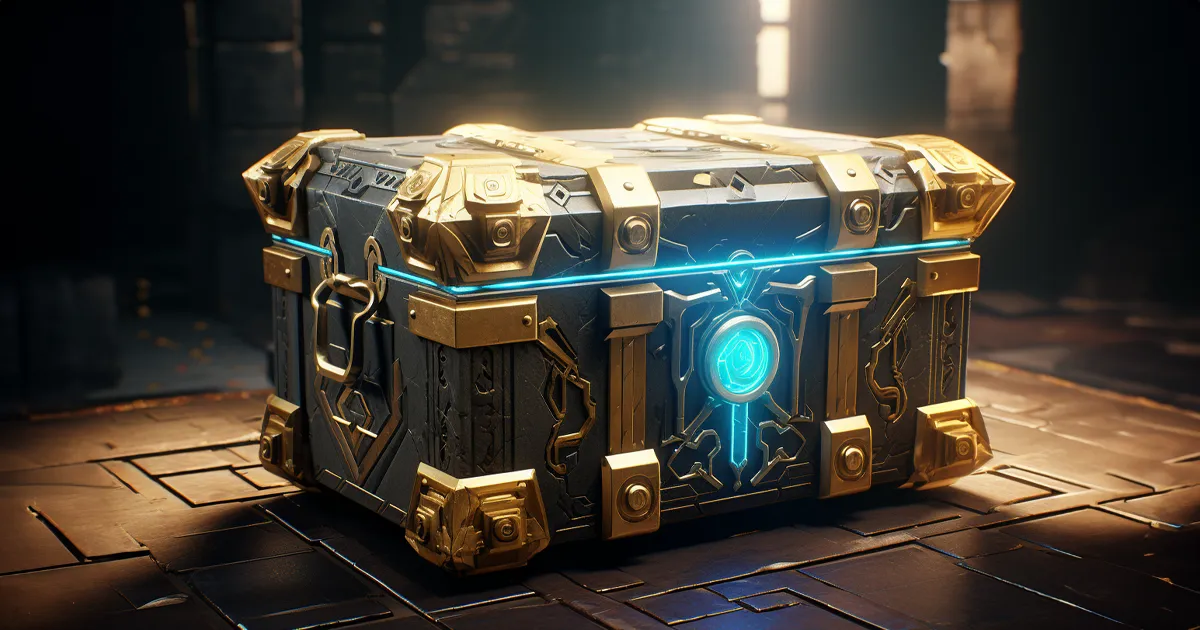Towards a ban on video games lootboxes in Germany?
Lootboxes, these virtual chests that contain random elements usable in video games, are causing a heated debate across Europe. Authorized in France, banned in Belgium, and now the discussion about the need to protect consumers, especially the youngest among us, from the risks of addiction and practices close to gambling is at the center. In Germany, the Gemeinsame Glücksspielbehörde der Länder (GGL) is calling for new legislation on lootboxes.
Reassessment of lootboxes in Germany
On February 28, a collaboration between the GGL and the German states made possible the organization of an expert workshop on the popular topic of lootboxes. Led by Prof. Martin Maties and Dr. Lennart Bruggemann, this session aimed to clarify the legal gray areas surrounding these practices.
Loot boxes have been under fire in Germany for some time. WestLotto, the state lottery of North Rhine-Westphalia, already called for a political debate on this theme in July 2023.
Today the goal is clear: to reassess lootboxes in relation to gambling legislation and to clarify all gray areas regarding the legal arguments in this border area between gambling and games. The GGL is considering further workshops to deepen the thinking and provide a solid foundation for future actions. This reflects the desire to understand all facets of the phenomenon in order to better regulate it rather than ban it completely.
Lootboxes in Europe
The German situation differs from its European counterparts in the divergent opinions on the nature of the concept. This has divided opinions and is fueling the debate on the need for a clear and appropriate regulatory framework in Germany, but what about in other European countries?
In Belgium
Since April 2018, lootboxes have been categorized as games of chance by the Belgian Gaming Commission (KSC), which has led to a de facto ban. However, the Gaming Commission recognizes the complexity of the application of this ban and proposes to create a strict legal framework to enable its legal use. In order to realize this vision, an amendment to the current Gaming Act is necessary.
In the Netherlands
In the Netherlands, the Gaming Authority (Ksa) ruled in 2019 that loot boxes are a form of gambling and therefore illegal. However, a decision by the Council of State overturned this interpretation for EA’s FIFA game, marking a turning point in the legal perception of lootboxes. To date, certain games with lootboxes are allowed in the Netherlands under certain conditions, but the vast majority remain prohibited.
In France
In France the situation is more nuanced. Although lootboxes are described by the ARJEL as a ‘worrying development’, they are not yet officially classified as gambling. Games that offer lootboxes are therefore allowed in France without an age limit.
Towards harmonized regulations?
Germany, through its proactive approach, may be able to influence the European regulatory framework surrounding lootboxes. The protection of consumers, especially young people, remains the biggest challenge of these regulations. Developments in Belgium, the Netherlands and France show increasing awareness, but the road to European harmonization of laws is still full of challenges.
The dialogue between the different national and European authorities will be crucial to develop a common strategy. Lootboxes, at the intersection of video games and gambling, require a nuanced and balanced approach, respectful of the video game industry while effectively protecting consumers from the risks of addiction.


